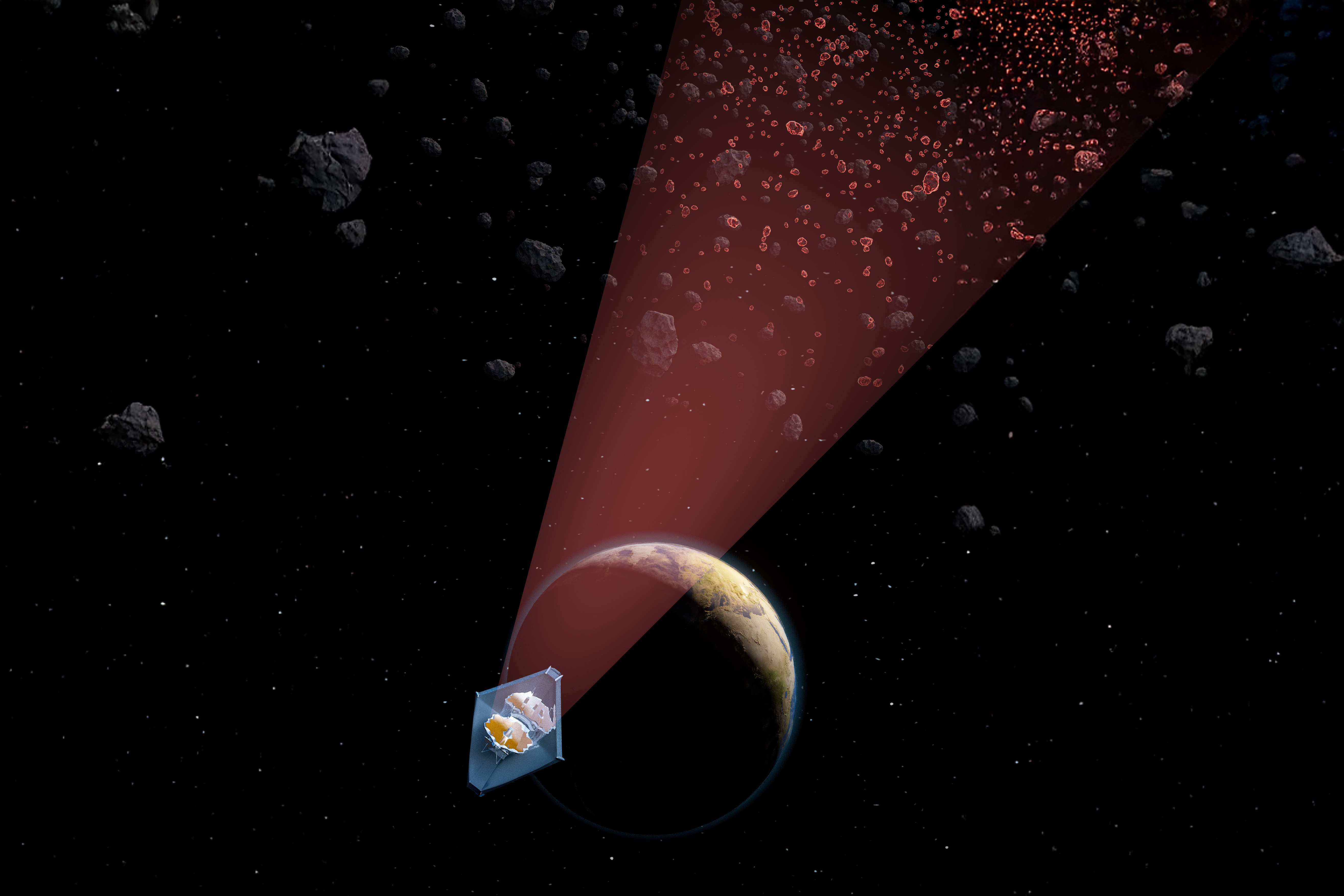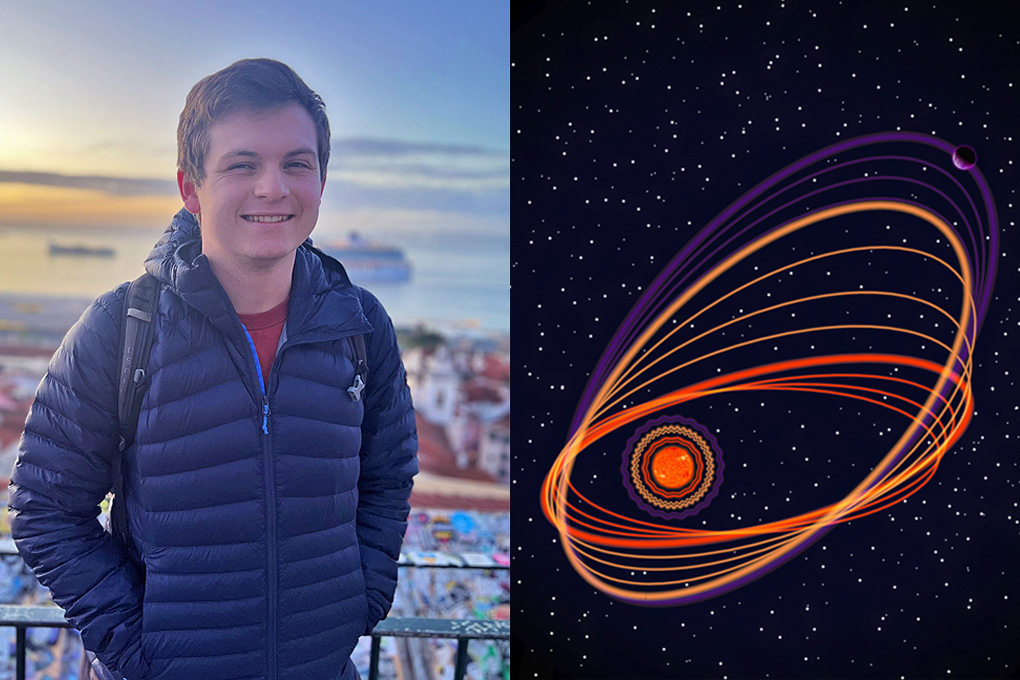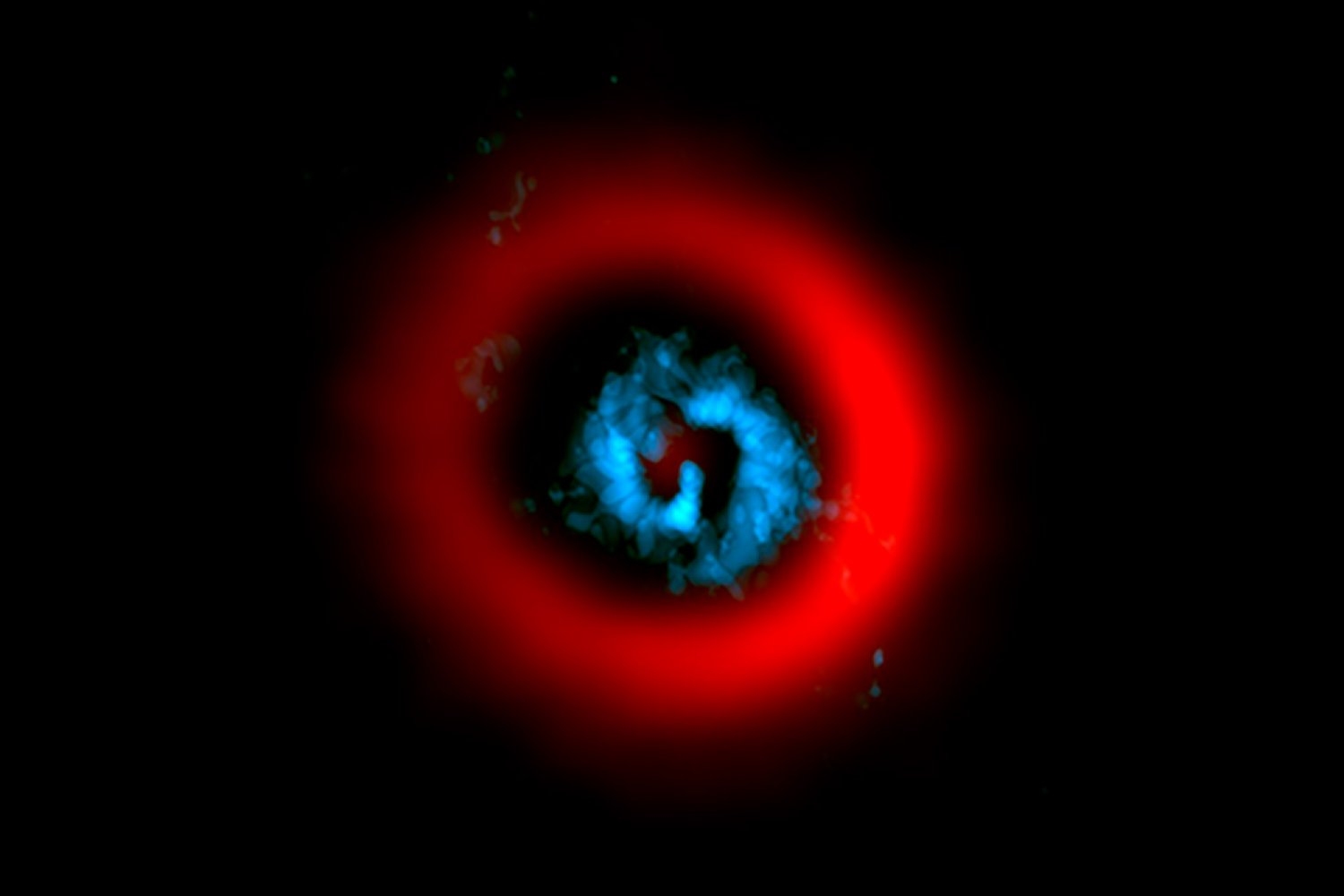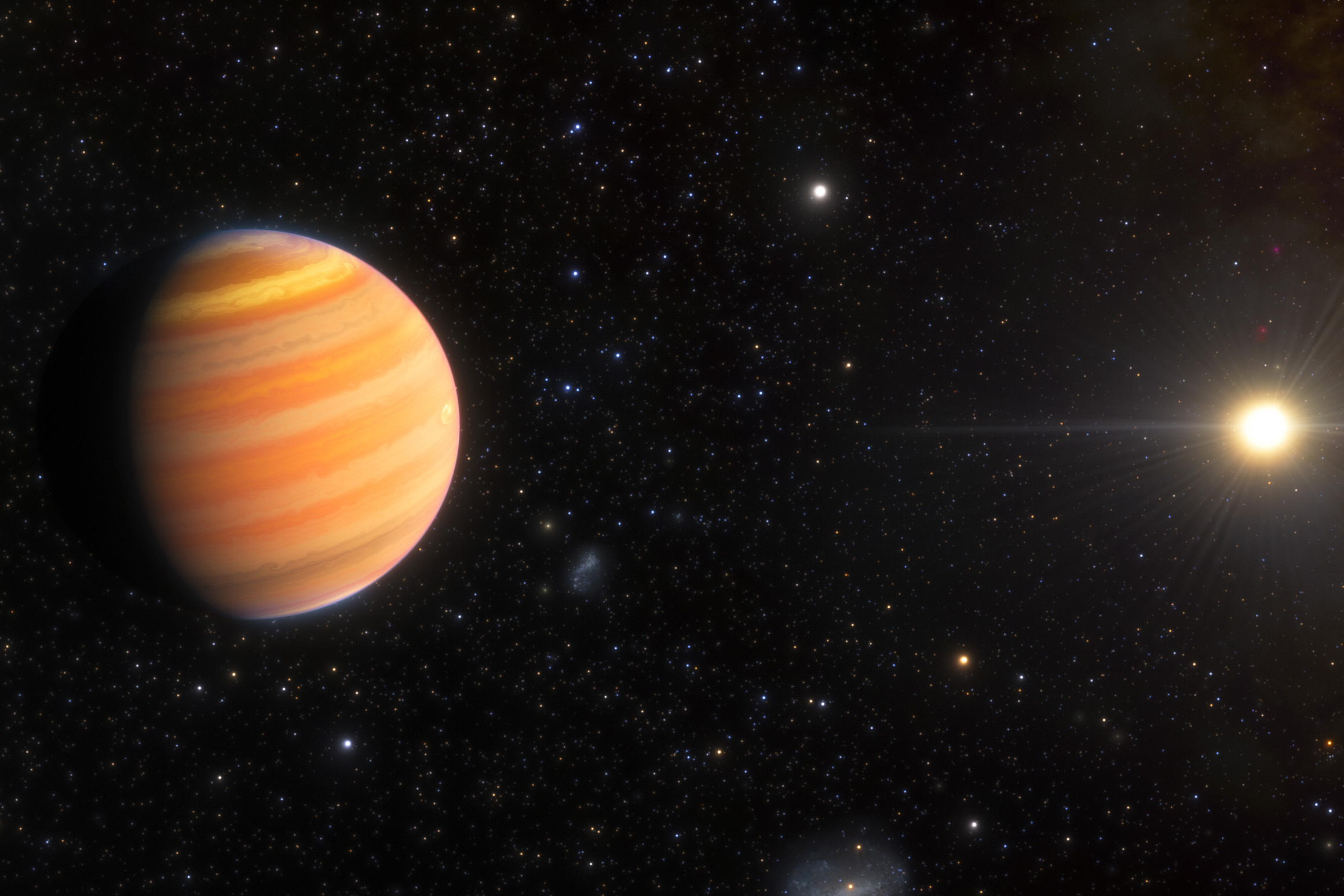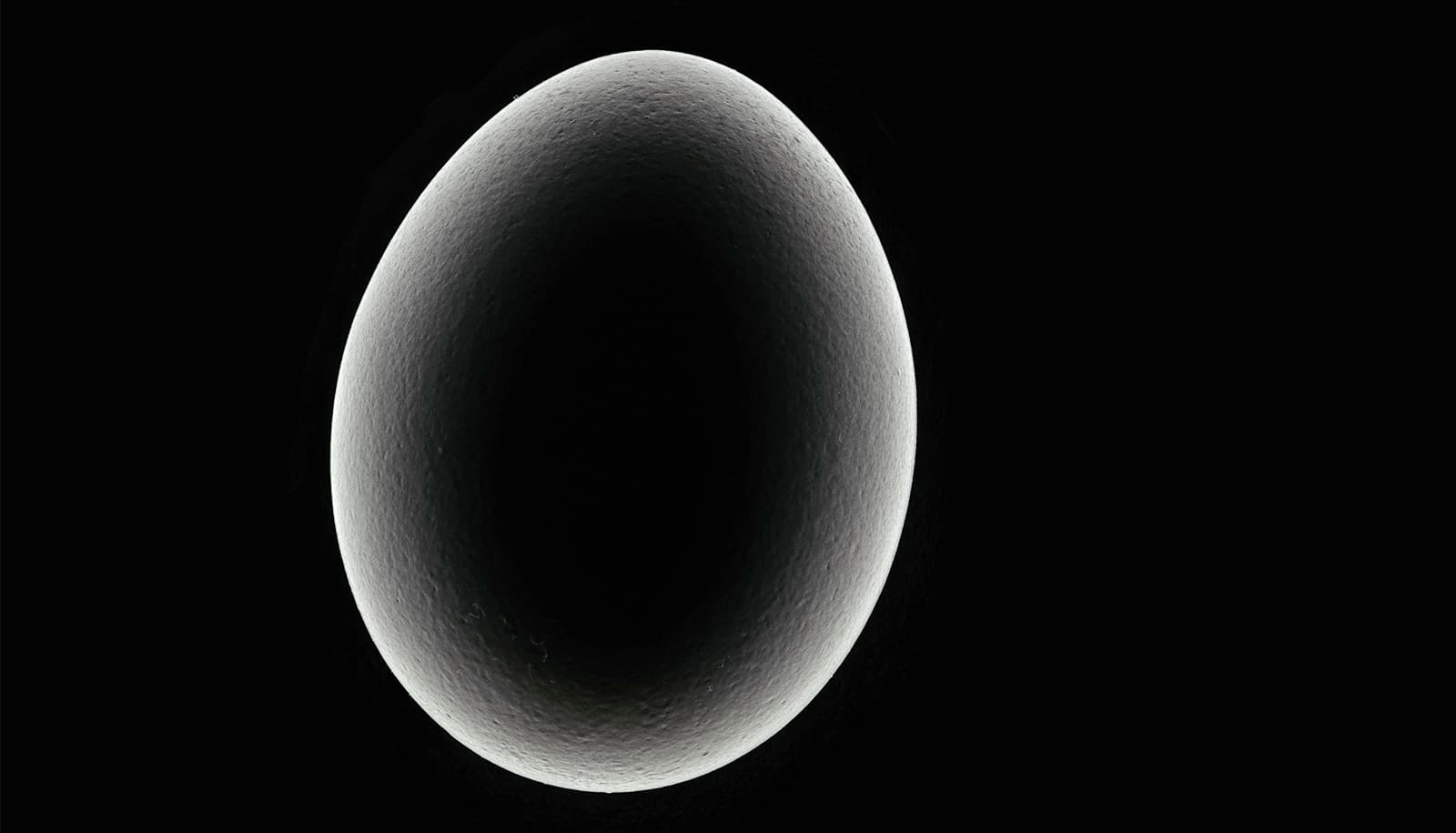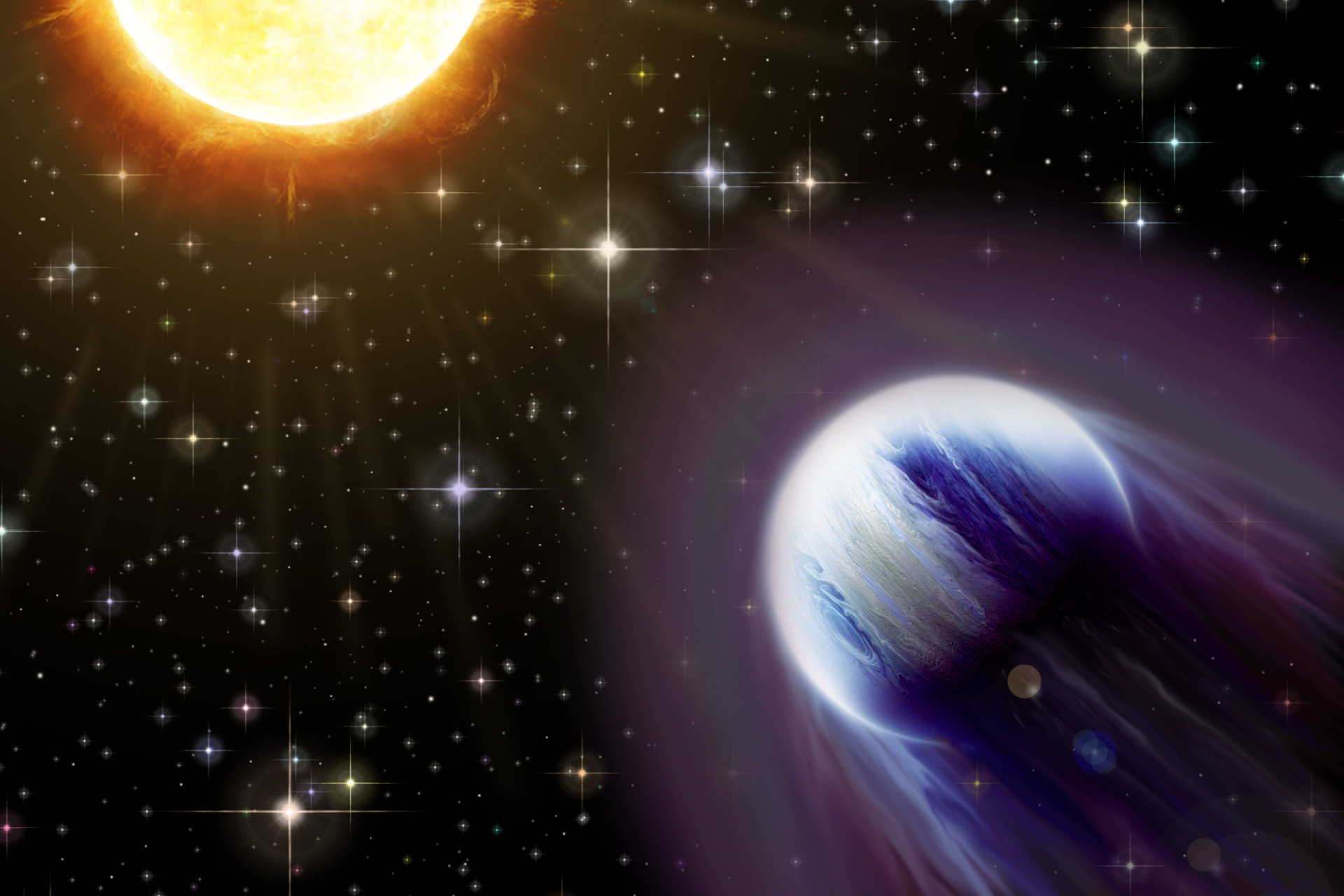Life on alien planets probably wouldn’t experience day and night – here’s how that may change evolution
Most planets that have the potential to host life have one side always facing their sun.
Maureen Cohen, Postdoctoral Research Associate in Venus Global Climate Modelling, The Open University •
conversation
Sept. 3, 2024 • ~6 min
Sept. 3, 2024 • ~6 min
Why do astronomers look for signs of life on other planets based on what life is like on Earth?
It’s hard to look for something you’ve never seen before – and that might not even exist. But you have to start somewhere.
Cole Mathis, Assistant Professor of Complex Adaptive Systems, Arizona State University •
conversation
June 3, 2024 • ~9 min
June 3, 2024 • ~9 min
/
19

